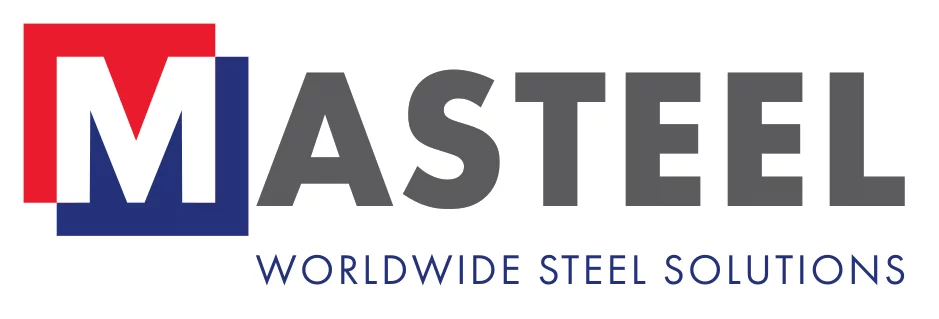High yield steel represents outstanding performance under extreme structural loads. Tension, compression, impacts, abrasion, and vibration are common actions exerted upon heavy industry components throughout operation. These actions can cause significant deformation, structural displacement, and mechanical failure where materials are not equipped to withstand the unique stress values of specific applications and working environments.
The Importance of Yield Strength
A material’s ability to withstand structural loads up to the point of failure is quantified as its yield strength. Many materials exhibit plastic deformation under stress, which refers to a temporary elasticity due to strain. Irreversible deformation or fracture occurs at the limit of this elasticity, resulting in permanent deformation or mechanical failure. This principle is measured in pound-force per square inch (psi), or megapascals (Mpa). High yield steel is engineered to provide the maximum resistance to an array of structural loads to withstand the severe actions inherent in some of the most demanding applications on earth.
Structural-grade steels, heavy-load transporters, construction and engineering equipment, and offshore facilities all make pervasive use of high yield steels to ensure maximum component or facility longevity in the face of incredible load stresses.
High Yield Steel Strengths
High yield steels are designed to provide exceptional strength values after heat treatment and mechanical profiling. Steel alloys often exhibit a drop in mechanical properties after quenching and tempering, but high yield steels are routinely suited for heat treatment and bending with no significant drop in the yield behavior of the material. This is, in part, due to the alloying content of the steel grades which typically include low- to high-contents of titanium (Ti) and medium to ultra-high levels of molybdenum (Mo).
Each of the structural high yield steels available from Masteel has been engineered in compliance with EN 100025-6:2004. These include:
- S690QL, an economic high yield steel comprising up to 0.20% carbon (C) and up to 0.8% silicon (Si), with a minimum yield strength of 690 MPa.
- S890QL, a structural grade high yield steel with similar alloying contents to S690QL, with an improved minimum yield strength of 890 MPa.
- S960QL, exhibiting a commensurate improvement in yield strength over S890QL with minimum strength ratings of 960 MPa.
Hot-rolled high yield steels for cold forming must be fabricated in accordance with EN 10149-2. Masteel supplies a range of high yield strength steel plates under this specification, including:
- S500MC, a high yield steel used for structural beams, frames, and cold-rolled sections with a yield strength of up to 500 MPa.
- S550MC, representing an improved yield rate over the S500MC with strengths of up to 550 MPa.
- S700MC, the highest yield steel for cold forming structural load-bearing components, with an elevated titanium content of up to 0.22% and improved yield strengths of up to 700 MPa.
High Yield Steels with Masteel
Masteel is an expert steel supplier operating across a reliable global network of buyers and the highest quality steel mills. We provide some of the most established high yield steel grades available, including novel alloys suitable for the most demanding load bearing applications.
Our S1100QL and S1300QL are conceived as ultra-high yield steels with exceptional tensile strength values relative to their overall weight. This breakthrough in material engineering represents the potential of stronger and lighter components for the most challenging industrial applications.
If you would like any more information about our high yield steels, please do not hesitate to contact us.

